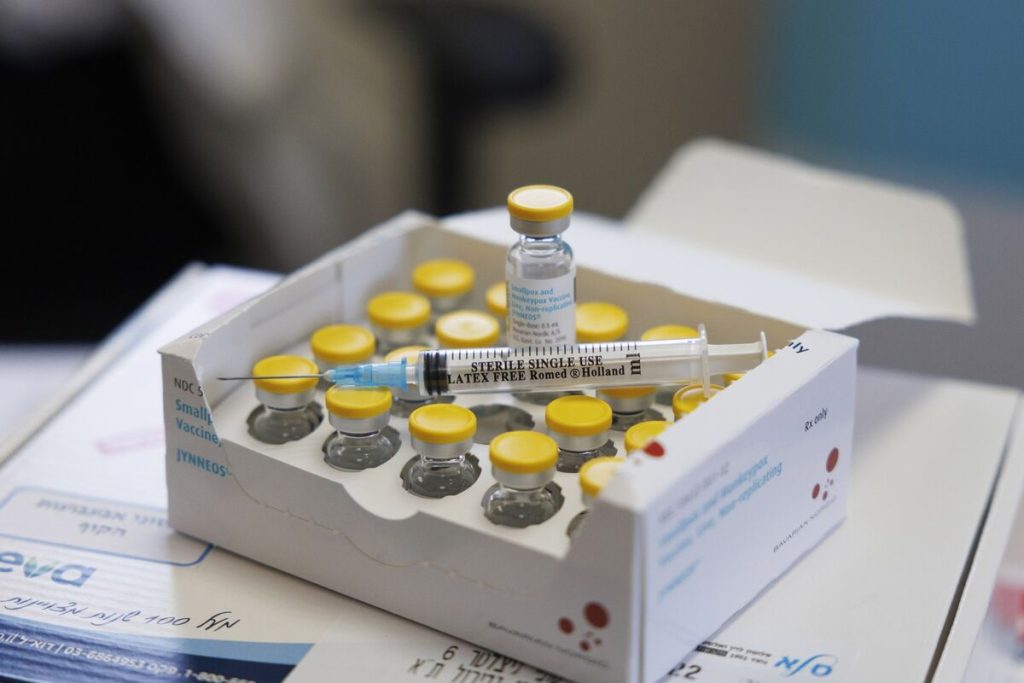The Democratic Republic of Congo (DRC) received an additional 50,000 doses of mpox vaccines from the United States on Tuesday to combat the ongoing epidemic. This donation complements the 200,000 doses already provided by the European Union. The DRC has reported over 21,500 cases of mpox and more than 700 deaths, making it the epicentre of the current outbreak, according to the country’s public health institute.
US Ambassador to the DRC, Lucy Tamlyn, confirmed the vaccine delivery via X, formerly known as Twitter, while the DRC’s public health institute also reported receiving 15,000 more doses from the Gavi Vaccine Alliance on the same day.
Earlier, 100,000 vaccine doses from the EU arrived in Kinshasa on Sunday, with the first EU-donated vaccines having been delivered just days prior. This brings the total number of mpox vaccines supplied to the DRC to 265,000.
The vaccines, produced by Danish laboratory Bavarian Nordic, are currently approved in Europe and the US for adults. Bavarian Nordic has applied for approval to extend the vaccine’s use to children aged 12 to 17, while a separate mpox vaccine used for both adults and children has been authorized in Japan. The DRC is in discussions with Japan regarding a potential supply of these vaccines, as children represent a significant portion of cases and deaths—62% of cases and 80% of deaths in the country involve children.
The World Health Organisation (WHO) declared an international emergency over mpox on August 14, concerned about the surge in cases of the Clade 1b strain in the DRC, which has spread to neighboring countries. Both Clade 1b and Clade 1a strains of mpox are present in the DRC.
Mpox, formerly known as monkeypox, was first discovered in humans in 1970 in what is now the DRC. The virus, initially discovered in research monkeys in 1958, is transmitted through close contact with infected animals or humans and causes fever, muscle aches, and large boil-like skin lesions. The disease is now present in at least 14 African countries, including Burundi, Congo-Brazzaville, and the Central African Republic.

